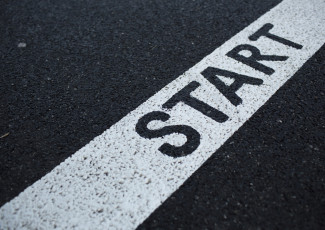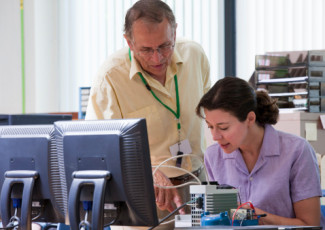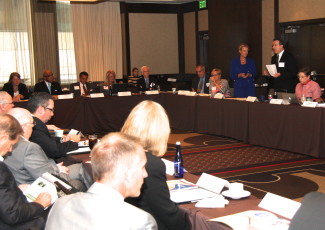A Crisis of College Readiness
By Ken Atwater
June 3, 2014
There’s one way to decrease the demand for remedial education: provide interventions for struggling students before they set foot on campus.
It’s no secret that our institutions face a national crisis of college readiness. Each semester, large numbers of students arrive on our campuses unprepared for the rigors of college-level work. In addition to the financial and emotional burdens that accompany the reality of testing into developmental courses is an uphill struggle to degree completion that too many of our students face from day one. But there is good news: Greater collaboration and earlier intervention with our K–12 partners are yielding signs of progress. Together we must seek solutions that will prepare all of our students for a successful college experience before they arrive at our doors.
That’s what we’ve sought to do at Hillsborough Community College (HCC), in Florida. Through a partnership with the Hillsborough County School District, our Access to Higher Education College Readiness Program targets for early intervention those students who perform poorly on state assessments.
With a focus on 11th graders who score below average on the Florida Comprehensive Academic Test, HCC and the local school district give students an opportunity to take classes that mirror our college-prep courses in mathematics, reading and writing. Hundreds of local high school students who test into the second level of developmental courses participate each year. Assuming successful completion, they are able to enroll at HCC at the college level. This is just one example of how we can engage high school students in higher-level work and create a realistic and enthusiastic educational experience that aligns with college-level expectations.
In order to remain competitive as a nation, we must provide greater focus on reducing the number of entering students who require developmental work, ultimately increasing the pipeline of degree completers. Through targeted interventions, we can engage students in college readiness long before they arrive on campus, thereby ensuring that all of our students start college feeling fully prepared for success in college and beyond.
Want more information on developmental education and interventions that could help students on your campus? Check out the latest resources on AACC’s 21st-Century Center.















